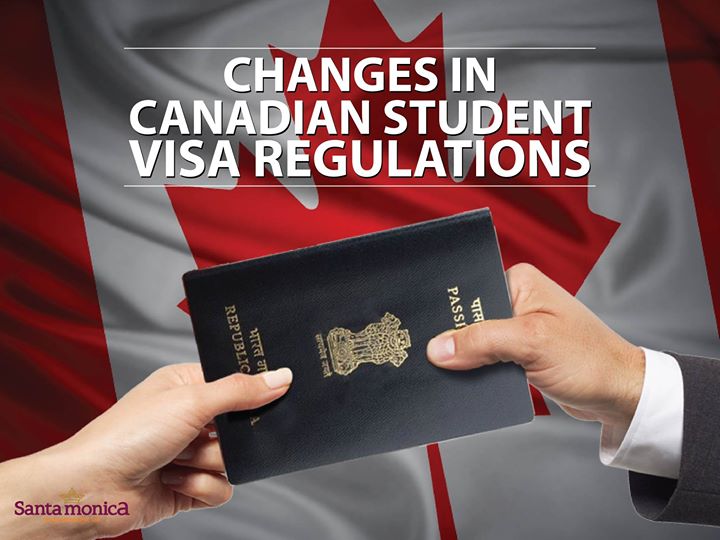Since parents are more concerned about the possibilities of their wards getting a job in Canada and are always in search of a curriculum that secures immediate placement for their kids, this is one of the “most asked” questions related to studying abroad. But in reality, for a parent who is planning a future for his child in Canada, this concern is practically irrelevant.
Since Canada’s education system is regulated by the Canadian government, their curriculum is designed in tune with the needs of the economy. This means Universities only run those courses that cater to the need of the market. For those who want to pursue research in a subject, they have the facility to do so in Universities irrespective of their subject. University curriculum is designed in such a way that if a particular course has come to a saturation point (in providing jobs), that course will be discontinued with immediate effect. This is because in Canada courses are designed for the future and the possibilities that lie ahead.
Another thing the parents & students have to keep in their mind is that in Canada the Universities offer many unconventional courses. These courses may seem irrelevant now because of our limited knowledge and exposure. One example of this is the courses related to Environment and Forestry. They even have courses on emerging future technologies which we are not familiar with and is yet to be introduced in our Indian curriculum. In a nutshell, the main advantage of studying in Canada is that a student can pursue a course/career of his or her interest without worrying about the placement possibilities.
Which brings us to the obvious question, what will be the approximate course fee/expense for pursuing higher education in Canada?
A student opting for education have a choice of studying either in a Government community college or a University. In colleges, for almost all courses costs average between Rs 8 to 9 lakhs per annum which varies depending on the location of choice.
That is, the cost differs depending on the location and university/college ranking. University fees come on an average of Rs 10 to 18 lakhs depending on the ranking of that particular University. Then again there are certain provinces where University education is available on a subsidised cost of just 7 lakhs per annum. On top of these government subsidies, Universities normally grant scholarships and other grants as financial assistance for the deserving International students- this, in turn, further reduces the expenses.
In addition to this, students can plan their expense by choosing a modest living along with working part-time. Facility to work on summer holidays can be utilised effectively. This way students can make enough money to meet their overall expenses.
——————————————————————————–
About Ms. Nicy Binu, Director, Santamonica Study Abroad
——————————————————————————–
With over a decade’s experience in international education, Ms Nicy Binu is the brain behind Santamonica’s overseas student program and has steered the organization to a position where it figures today among the prominent overseas education facilitators in India. You may contact her at +91 6282 903 703 for overseas education queries and doubts.

